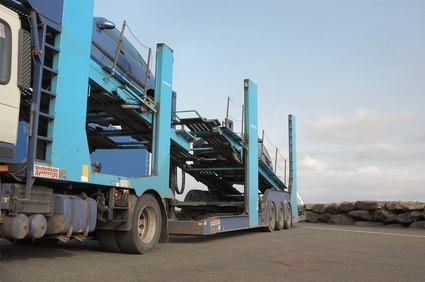
Car repossession laws in Canada vary by province. Whether your car will be repossessed depends on such factors as the province you live in and how far behind you are with your payments. Vehicle repossession is something to avoid as it has a negative impact on your credit rating and makes it hard to obtain vehicle financing and other loans in the future.
Canadian provinces have different laws relating to automobile repossession. In some provinces, dealers are allowed to both sue the debtor and repossess the vehicle, while in others they are only allowed to sue and let the court decide who retains possession of the car. Some provinces allow repossession without suing.
In Ontario, the so-called "two-thirds rule" applies regarding financed-vehicle repossession. If more than two-thirds of the financed amount on the car has already been paid, the lender is not allowed to seize it. He does have the right, however, to sue the buyer for the outstanding balance.
Most provinces allow a bankrupt person to keep one car valued at a specified amount. If your car has an estimated value within the specified limit, it will not be seized.